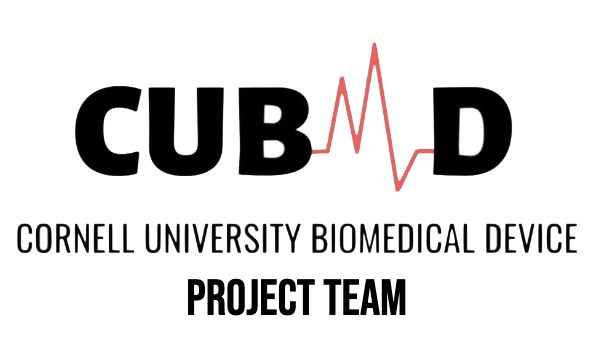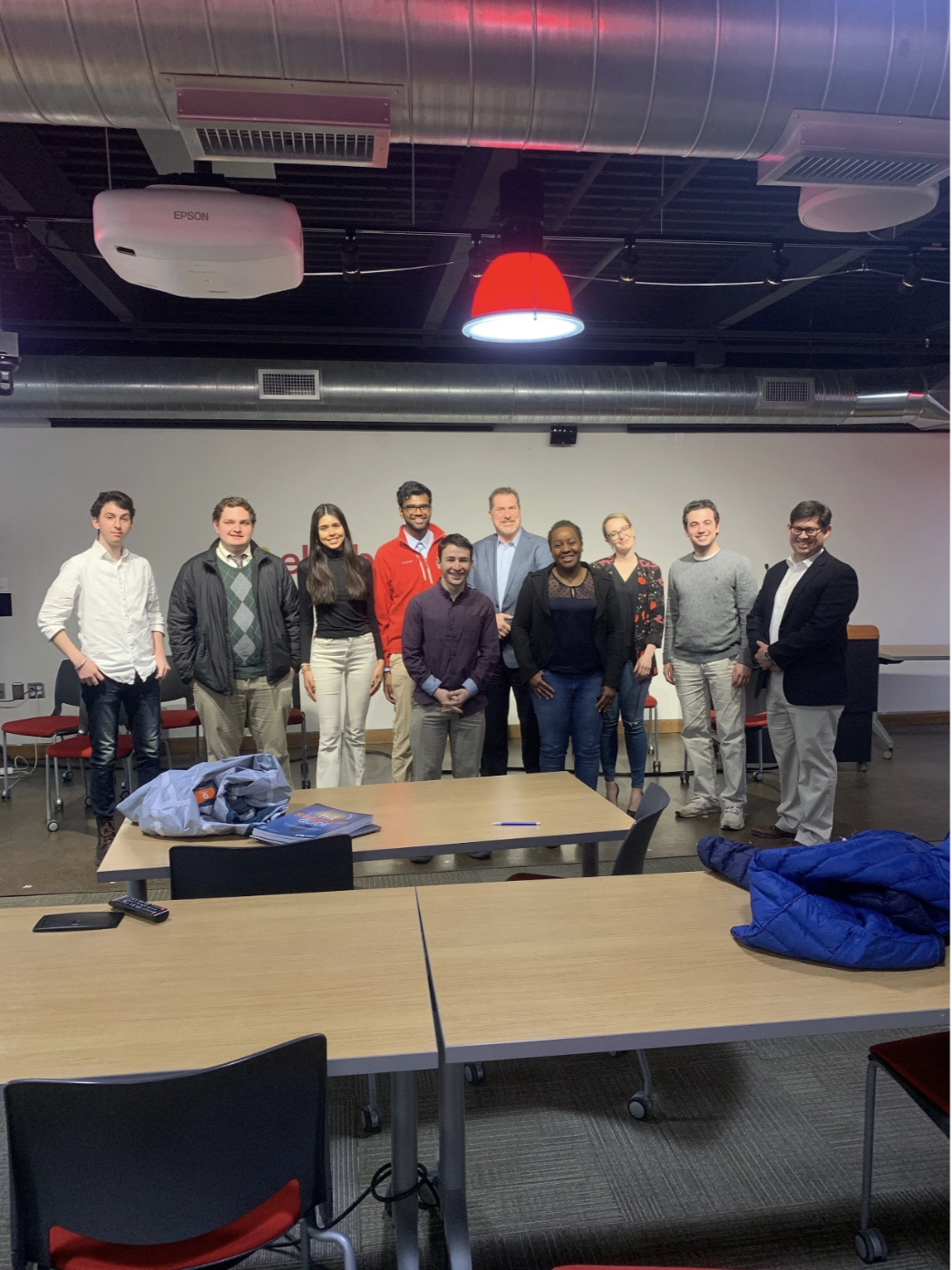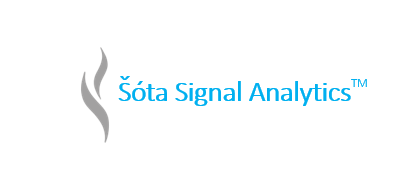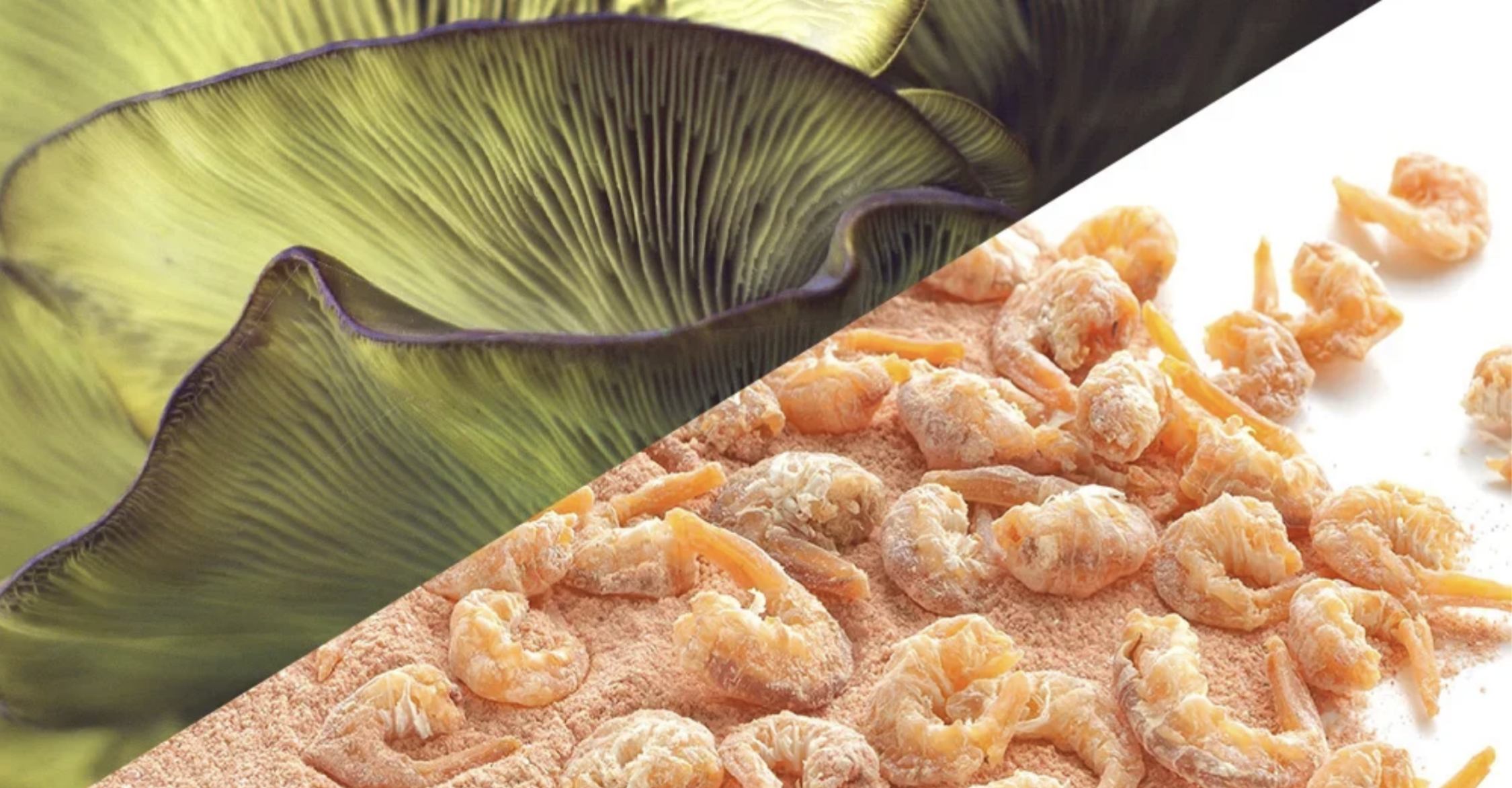Past Projects
Spring 2025 Projects
Cipher
CIPEC partnered with Cipher, a Cornell Tech startup specializing in licensing and copyright solutions for the music industry, to explore the intersection of technology, intellectual property, and ethics. Cipher’s focus on rights management and creative protection aligned with CIPEC’s mission to advance understanding of intellectual property and ethical innovation. Together, we examined the legal and ethical dimensions of music licensing, emerging challenges in digital rights management, and developed insights on how Cipher’s platform could address these issues. The partnership culminated in a presentation where CIPEC shared recommendations to support Cipher’s continued growth and impact.
CUBMD
CIPEC worked with CUBMD to analyze the patent process and its implications for student innovation, focusing on novelty, non-obviousness, inventorship, and ownership under Cornell’s intellectual property policies. We helped assess whether their work met patentability requirements, clarified inventorship versus ownership, and evaluated the feasibility of provisional filings. The collaboration concluded with a presentation offering recommendations to guide CUBMD in navigating institutional policies and protecting its innovations while pursuing entrepreneurial goals.
Fall 2024 Project
Mission-Driven Tech
CIPEC partnered with Mission-Driven Tech, a Cornell-affiliated start-up developing a novel brachytherapy device designed to make radiation treatment safer and less painful. Due to the sensitive and proprietary nature of the technology, participants were required to work under a non-disclosure agreement.
Spring 2024 Projects
DEBUT
CIPEC partnered with DEBUT, a biomedical engineering initiative, to analyze the role of patents in protecting medical devices and innovations. The project explored the distinctions between utility and design patents, the requirements of novelty, non-obviousness, and usefulness, and the ways patent protection shapes the development and commercialization of biomedical technologies. CIPEC also examined licensing structures, inventor–university relationships, and the implications of publishing on patentability. The collaboration provided DEBUT with a framework for understanding how intellectual property strategies can support innovation while balancing the interests of researchers, universities, and the broader medical community.
E-Methanol Pitch
CIPEC investigated the patent landscape in e-fuels, concentrating on innovations in the production, storage, and utilization of synthetic fuels. The project addressed both technical and legal aspects of fuel cell technologies, including nanostructured membrane electrode assemblies and adaptive compression methods, as well as licensing considerations and patent eligibility under the Alice/Mayo test. By analyzing disputes and the importance of precise claims, CIPEC highlighted strategies for stronger intellectual property protection and effective engagement with technology transfer offices. The collaboration culminated in a presentation with recommendations to support innovation and protection in the competitive e-fuel sector.
Fall 2023 Project
Cornell Fashion Collective
CIPEC collaborated with the Cornell Fashion Collective to examine how intellectual property law influences the fashion industry, with attention to copyright, trademarks, and patents. The project considered key legal precedents such as Star Athletica v. Varsity Brands on design copyright and Christian Louboutin v. Yves Saint Laurent on color trademarks, while also evaluating the role of utility and design patents in fashion innovation. The partnership culminated in a presentation of recommendations to help student designers understand how to protect their work and navigate the legal landscape of fashion.
Fall 2022 Project
Balanced
CIPEC collaborated with Balanced, a start-up founded by Cornell student Armita Jamshidi, to examine how trade secret protection can apply to food products and recipes. Building on Armita’s vision for Cramp Bites, a product designed to ease menstrual pain, our research focused on how companies can preserve a competitive advantage by keeping proprietary formulas confidential. CIPEC analyzed the requirements for trade secret qualification, the importance of taking reasonable steps such as implementing confidentiality agreements and restricting access, and the balance between secrecy and openness in the food industry. The partnership provided Balanced with practical recommendations on protecting its recipe and positioning Cramp Bites as a distinctive and sustainable product in the market.
Spring 2022 Projects
IPAthon
In collaboration with Entrepreneurship at Cornell, on March 26th, 2022, from 12:00PM - 2:00PM, we hosted Cornell’s first annual IPAthon. The event brought together 30+ attendees for two roundtables on entrepreneurship and intellectual property, and it was hosted at Collegetown E-Hub. Speakers and participants were able to engage in moderated discussions, Q&A, and even network with each other! Our target audience for the IPAthon were Cornell students and local entrepreneurs that had questions about IP or are interested in learning more about innovation.
Šóta Signal Analytics
Sota Signal Analytics is the service of parent company Fraud Doctor. Its founder, AEM alum and Utica adjunct instructor Ms. Alexis Bell, leads the startup, a project for which she’s invested thousands of hours and worked on for years. Sota analyzes publicly traded organizations and produces a risk score of potential fraud. Bell asserts this is the first large-scale project dedicated to quantifying financial fraud and providing feasible policy recommendations. Sota is run by an elaborate algorithm using publicly disclosed corporate data. The Sota Scores assess risk for financial fraud and mismanagement.
Project Leads: Nathan Lesser and Daniel Goldberg
The Chitolan Project
Confidential; our client, a biotechnology company in Taiwan, has developed a more efficient way of synthesizing chitosan, a derivative of chitin. We are helping assess their risk concerns, and we are explaining the patent landscape in the United States through a report.
Project Leads: Jonathan Liu, Michael Dekhtyar
Fall 2021 Projects
Case Competition: How Can We Tangibly Make Cornell’s Campus More Accessible?
In collaboration with numerous professors, the Entrepreneurship Law Clinic, the Yang-Tan Institute of Employment and Disability, Student Disability Services, Cornell Adaptive Tech, Student Assembly, and the VP of Student & Campus Life Ryan Lombardi. This was completed by the Networking & Outreach Committee.
Shui Biosolution Technologies LLC
For the Fall 2021 term, our clients were Shui Biosolution Technologies LLC and Pavvilion. Our engagement with these two companies involve comparative legal research in China and the US, domestic data privacy research (including crafting a terms of service agreement), compliance and regulatory consulting, market research, and business strategy advising.
Patent Inequality Research
Our research goal was to evaluate the Inequality in the U.S. Patent System with Prof. Soumitra Dutta and the World Intellectual Property Organization (WIPO).
IP Creator Awareness Convention
Tune in to hear how artists on campus can effectively protect their work.















